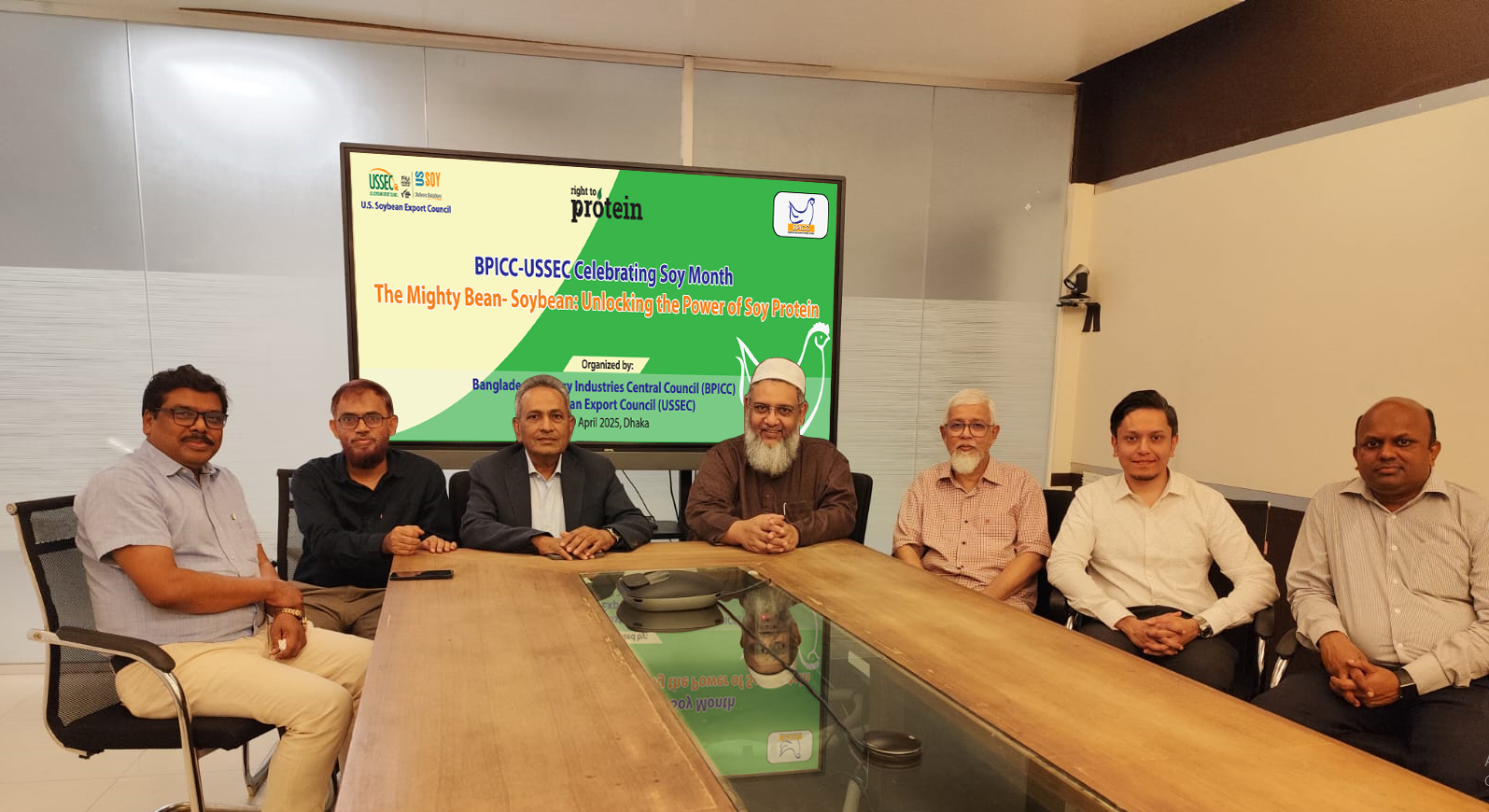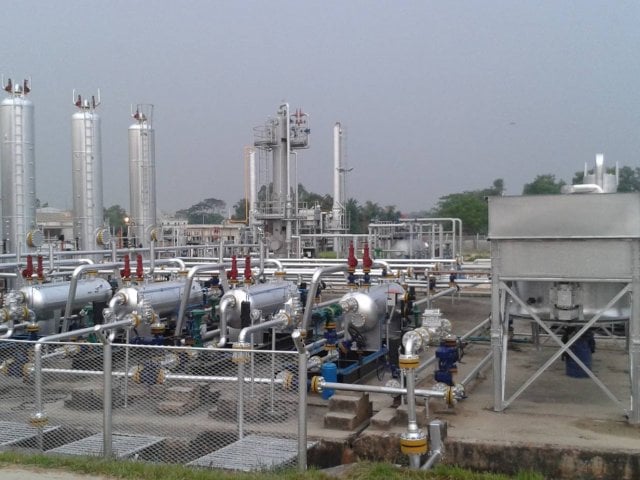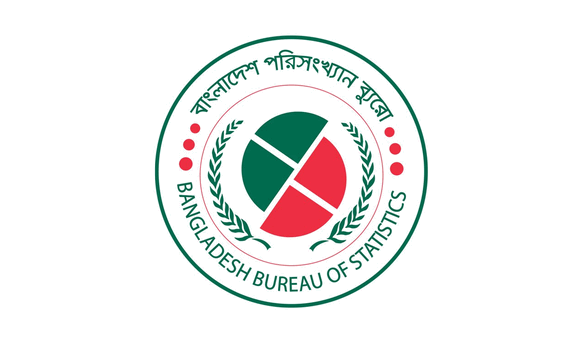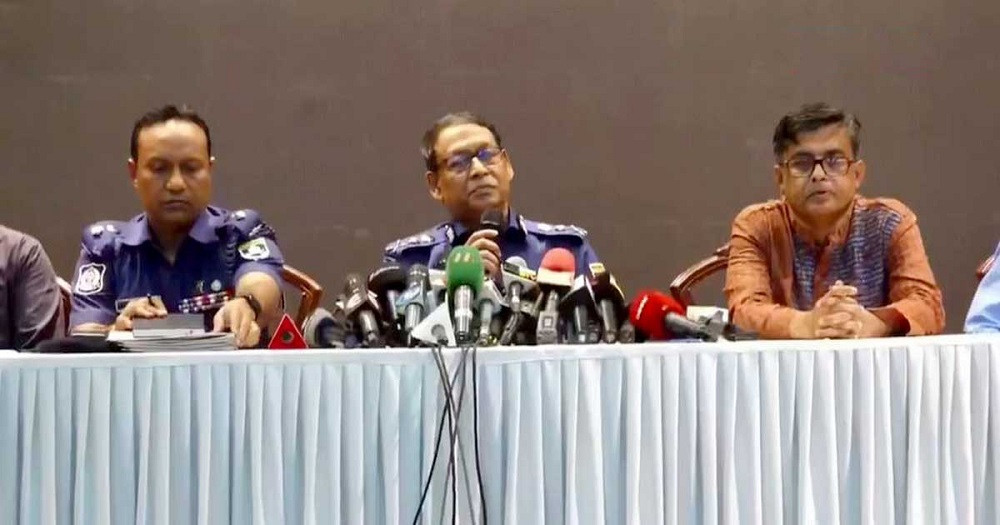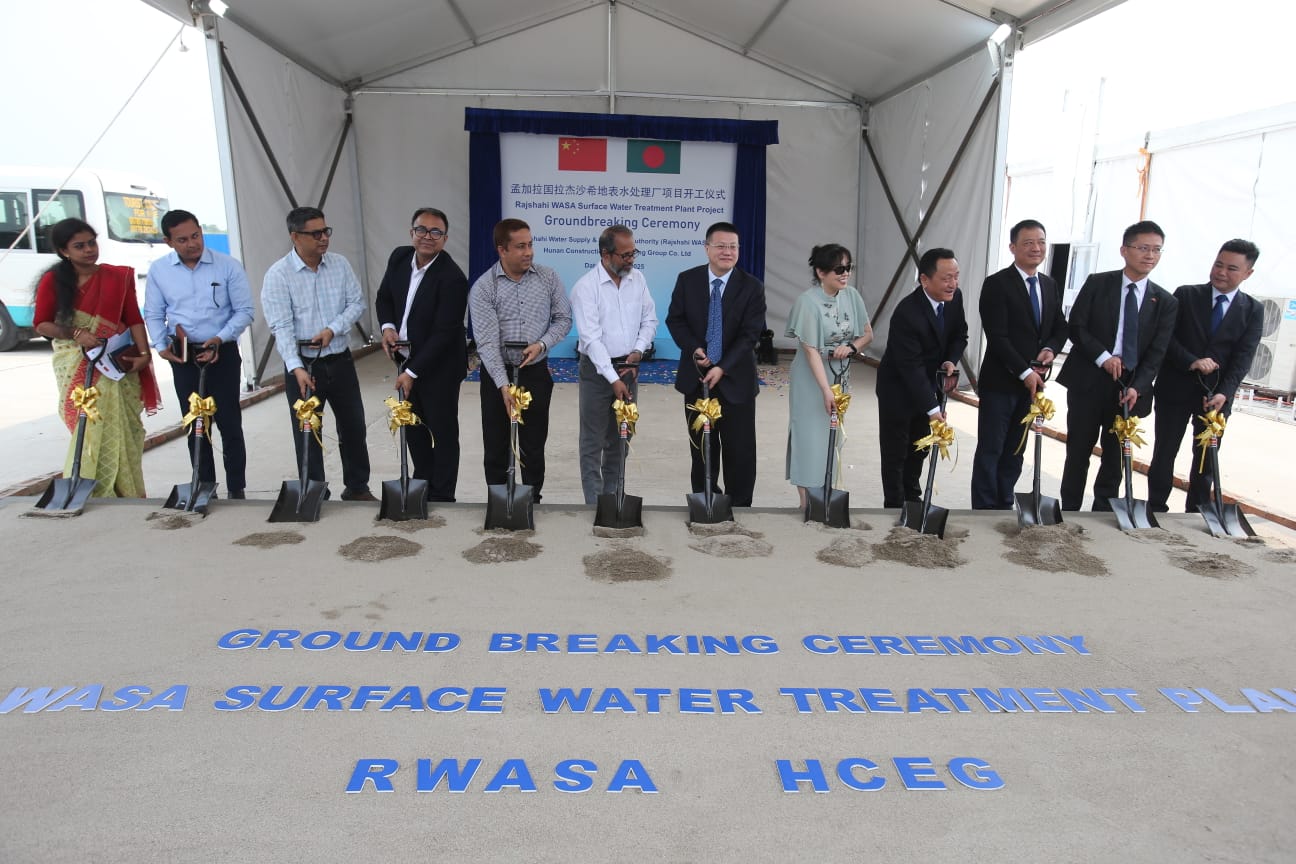
Finance Adviser Dr Salehuddin Ahmed stated that the International Monetary Fund (IMF) believes that Bangladesh’s economy is stable and progressing in the right direction. However, the IMF has raised concerns over several critical areas, including the need to increase foreign currency reserves, stabilise the exchange rate, and reduce the budget deficit.
He made the remarks while speaking to reporters at the Secretariat on Sunday following a meeting with an IMF delegation.
Salehuddin emphasised that while the IMF views Bangladesh’s economy as stable, it also highlighted issues such as the country’s low tax-to-GDP ratio and the large number of zero-tax filings.
Earlier this year, the National Board of Revenue (NBR) raised taxes in an effort to generate an additional Tk12,000 crore through increased taxes on various goods and services. Despite this, the IMF is urging Bangladesh to generate an additional Tk57,000 crore in the next fiscal year by reducing exemptions and further increasing taxes. Without these measures, the disbursement of the delayed fourth loan installment and the upcoming fifth tranche could be in jeopardy, according to NBR officials.
Salehuddin further pointed out that the IMF is concerned about the high number of zero tax returns filed in Bangladesh. While the country’s tax-to-GDP ratio stands at 7.5%, neighboring countries like Nepal and India have significantly higher ratios, at 12-13% and 17-18%, respectively. He reassured the IMF that Bangladesh is taking steps to improve the situation.
Additionally, the IMF has expressed concerns about the recovery of non-performing loans and the implementation of a unified exchange rate.
When asked about the next loan installment, Salehuddin responded that Bangladesh has shown its commitment by making strides in improving revenue collection and allowing the exchange rate to be determined by the market. “Now it’s the IMF’s turn to show their commitment,” he said, adding that regardless of whether the IMF disburses the next tranche, Bangladesh is committed to following through with necessary reforms.
Salehuddin also mentioned that ongoing discussions between the IMF and key institutions like the National Board of Revenue and Bangladesh Bank will continue, and he will attend the IMF Spring Meetings on April 19 to further address these issues. He expressed hope that the next loan installment would be released by June.



